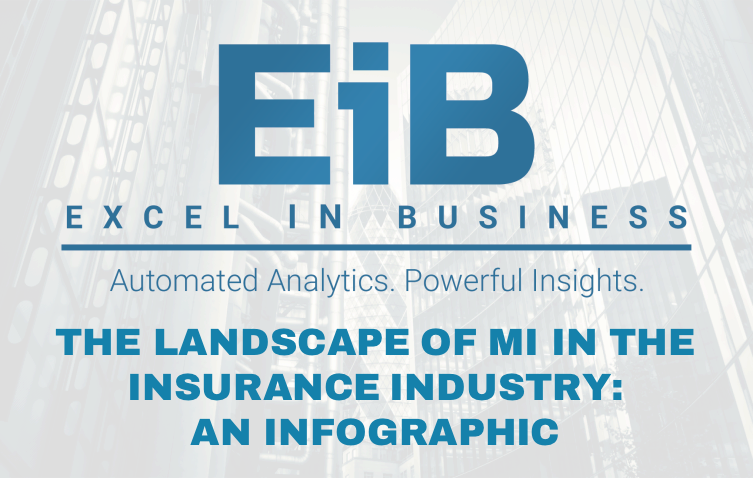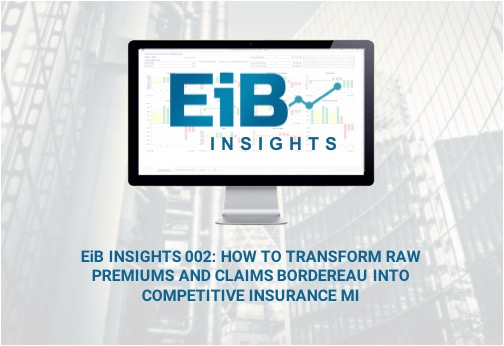It’s crazy to think, but 90 percent of the World’s data has been generated in the last two years alone. And, with the current rate of 2.5 quintillion bytes of data being produced each day, it is unsurprising that the issue of data quality has become a prevalent one which businesses can no longer ignore. This has subsequently led to an unprecedented increase in demand for data quality tools with ever-evolving capabilities. In the early days of data warehousing,
The GDPR came into effect in May of 2018, covering the United Kingdom and Europe with the world’s most stringent data protection regulation. The enforcement of GDPR comes in response to a series of high profile misuses of private data by global companies. Consumers need more autonomy over the huge data sets of their private information that businesses store and manage worldwide, and the GDPR is a step forward for consumer rights. Control is your greatest asset Data leaks are rife in
Data quality is essential to leveraging more value from your business’ data assets. Data analysts, managers and board members alike, must know and understand the quality of the data they are using to make decisions and to set direction for their organisations if they are to make the best strategic decisions. Today, data is created and collected by every type of device used in businesses and homes. Data analytics has become a common term. Expectations for quality data continue to grow at an
Andy Bottrill, Regional VP at leading financial close solution ‘BlackLine’, discusses the collective role which people and technology have to play, in the ever-changing finance function of the future. Finance and accounting is an industry of traditional standards; calculators, spreadsheets and manual input are all part of peoples’ daily routines. However, whilst these tools have supported many people throughout their accounting careers, a lot of processes are no longer fit for the digital age, and businesses must innovate to remain competitive. The biggest struggle
BIBA always presents the perfect opportunity to engage with the full spectrum of stakeholders from across the insurance industry, and find out exactly what is happening in the MI space. This year we conducted a survey of over 100 incumbents from brokers, underwriters, MGAs, InsurTech, insurers and reinsurers, and delved a little deeper into the MI behaviour of the sector to find out how the industry is adapting to such a significant digital transformation, as we enter
There is no escaping that for many industries they are undergoing their biggest technological transformation in decades, as they slowly adapt to digitalisation in an ever increasing, data-driven World. The EiB mission is to help facilitate businesses to adapt to such a significant transformation, through developing a scalable MI architecture, which empowers organisations to leverage the entirety of their data and gain significant competitive edge. With that in mind, Excel in Business (EiB) are hosting two FREE one day interactive conferences at
2018 is already well underway, and for the Insurance industry this could prove to be one of their most exciting years yet. How so? Because of the InsurTech revolution… Until recently, insurance has been a virtual island in a sea of technological change. While innovators began disrupting banking and wealth management during the FinTech boom, which preceded the financial crash in 2008 — not to mention also completely transforming the music, travel, taxis and booking industries — insurance was happy to
In a data and analytics survey conducted by the Economist Intelligence Unit, only 13% of insurers surveyed identified enterprise-wide data management and warehousing as a significant strength in their organisation, while 82% ranked data and analytics as a top strategic priority. So, while increasingly more insurance companies continue to invest in modernising their technology architecture, as a means of embracing the cultural shift to a digital age, most still find their efforts have
At BIBA 2017 we conducted a survey of 60 Brokers, Insurers and MGAs, as part of our ongoing research into Management Information in the Insurance Industry… With the insurance industry so reliant on its data for writing profitable lines of business, and the looming regulatory changes that are set to demand increased data transparency, the findings from our survey were quite alarming… It may not come as a surprise to you that a resounding majority of respondents acknowledged the accuracy of











Recent Comments